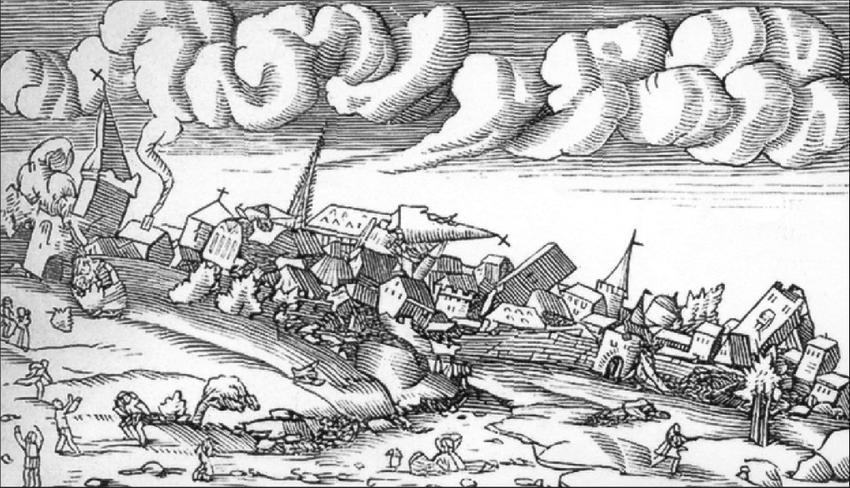Call for Papers. Representing Crisis in Early Modern Literatures

A conference organised by
the Under and Tuglas Literature Centre of the Estonian Academy of Sciences
and
the Institute of Philosophy of the Czech Academy of Sciences
Tallinn, 21–22 September 2023
The early modern crises, be they political, religious, social or environmental, were widely reflected and discussed in European vernacular and Neo-Latin literature during the 16th and 17th centuries. Although the notion of the “General Crisis of the Seventeenth Century” has remained an influential research mainstream since the 1950s and the conceptual framework of “crisis” has been intensively discussed in recent years, surprisingly little research has been done on local reflections of crisis as part of early modern literary and cultural exchanges and on rhetorical tools that were used to describe these crises.
Developing the recent scholarly debate, we consider early modern crisis as a culturally productive phenomenon. Instead of taking early modern literature as an informative source of reconstructing the event history, we will place literary texts at the very heart of how images of early modern crisis were constructed and how they co-created periodʼs political and social life as well as cultural identities of scholars themselves.
The main goal of our conference is to cast fresh light on various images of crisis under the viewpoint of its shared semantic space and the mutual impact of discourses involved. We also want to develop a comparative focus on representations of crisis in various European regions and discuss the role of the regions influenced by German Protestant intellectual tradition. The conference will further aim at exploring the variety of media, genres and discourses related to imageries of crisis and how they changed in the period concerned. To what extent did the images and rhetorical strategies related to crisis belong to intellectual code shared by members of the periodʼs Republic of Letters? How did transnationally shared representations interact with regional literary traditions? Special attention will be paid to multilingualism, especially uses of (Neo-)Latin and vernacular languages, and intersections of textuality and images in early modern texts. Which language was regarded as “appropriate” for describing crisis and when were early modern authors expected to code-switch or combine languages and language varieties?
The conference will be in person. In addition to individual case studies, comparative or conceptual papers are highly welcome. The conference main language will be English. Proposals are invited for papers dealing with the theme in the period 1500–1700. We welcome submissions of individual proposals for 20-minute papers. Please submit a title of your paper, 200–300 words abstract and one-page CV incl. your affiliation in English to the conference organisers (listed below) by 1 May 2023. Notifications of acceptance will be given on 20 May 2023. The conference will be hosted at the Under and Tuglas Literature Centre, Estonian Academy of Sciences, Kohtu 6, Tallinn, Estonia, on 21–22 September 2023.
The keynote lecture will be delivered by Vladimír Urbánek (Prague).
The organisers are pleased to be able to offer lunches and conference dinner for speakers and recommend accommodation in Tallinn. There will be no registration fee. Proceedings will be published in an English peer-reviewed volume or in an international indexed scholarly journal.
Organising Committee:
Kristi Viiding (kristi.viiding@gmail.com, UTKK)
Lucie Storchová (storchova@flu.cas.cz, FLÚ AVČR)
Download the pdf version of the CfP from here.
